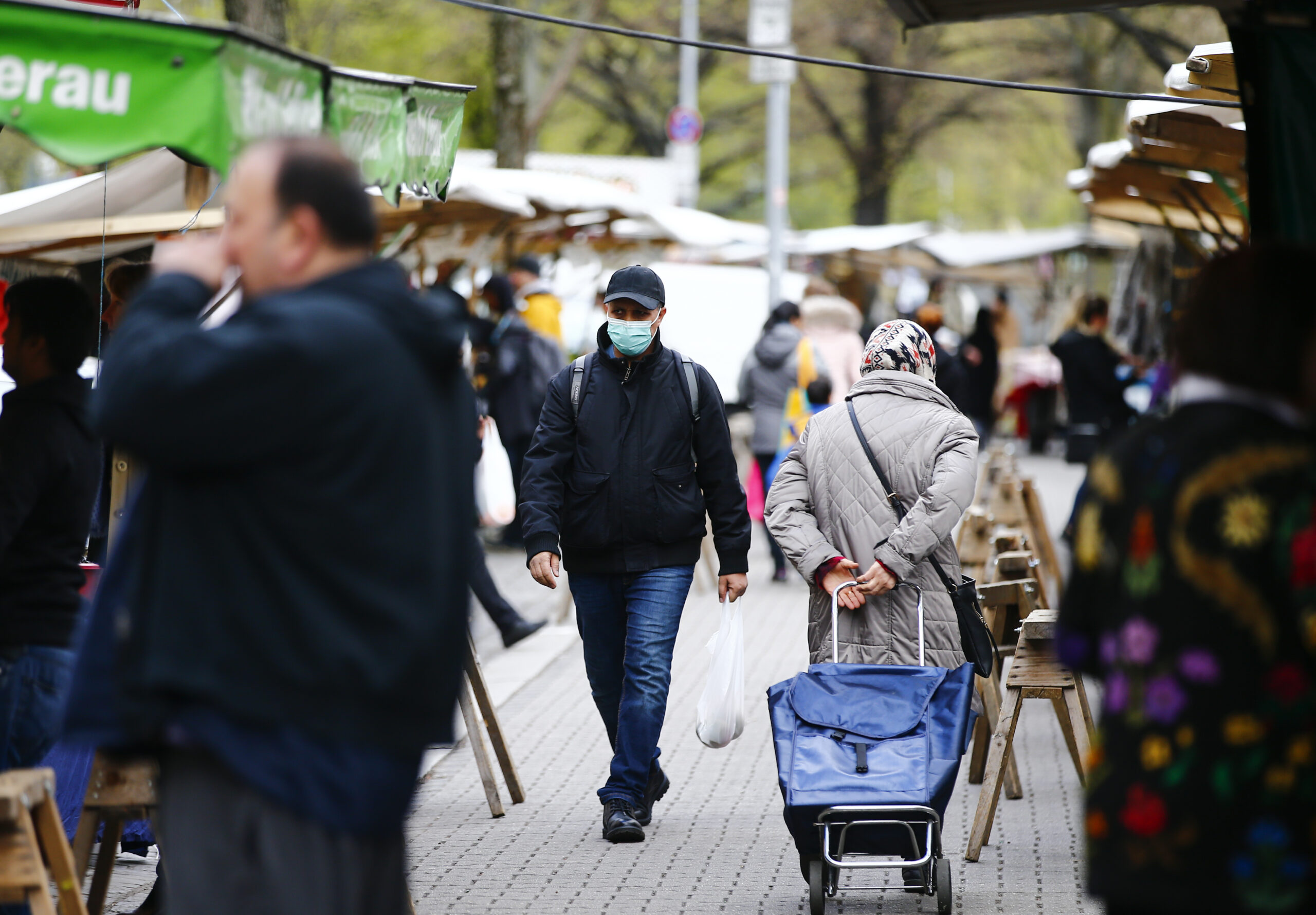
Elham Asaad Buaras
Job applicants in Germany with Turkish or Arabic names face significant discrimination, receiving far fewer interview invitations than equally qualified candidates with German-sounding names, according to a new study by Siegen University.
The research exposes enduring bias, more than six decades after the first wave of Turkish migration to Germany.
Titled “Educational Places: Origin More Important Than Performance,” the study analysed over 50,000 job applications submitted under a variety of names. It found that candidates with non-European-sounding names received significantly fewer responses, demonstrating that ethnic and religious background frequently outweighs professional qualifications in hiring decisions.
For instance, 100 applications submitted under the German-sounding name “Lukas Becker” received 67 responses. In comparison, the Arabic-sounding “Habiba Mahmoud” received only 36 replies, and the Turkish name “Yusuf Kaya” garnered 52. The study highlighted that recruiters often disregarded applicants’ grades and work experience, instead placing undue weight on cues signalling ethnic or religious background.
Dr Ali Zafer Sağıroğlu, Director of the Centre for Migration Studies, said the findings show people with non-European names are “kept in a separate tier” and denied equal opportunities. “Even more than 60 years after the first wave of Turkish migration, racism and discrimination remain deeply rooted in German society,” he added.
Sağıroğlu stressed that Islamophobia is a targeted form of bias. “People are discriminated against solely because they are Muslim – culturally and religiously. This is a painful reality that must be addressed,” he said, linking persistent prejudice to far-right rhetoric after the 2015 refugee influx and the COVID-19 pandemic, which stoked anti-immigrant sentiment.
While some European governments have acted against racism, Sağıroğlu warned these measures remain insufficient amid rising far-right xenophobia. He urged German authorities to simplify hiring for foreign candidates and provide incentives for employers to ensure a fairer recruitment process.
Education, he added, is essential to combating discriminatory attitudes, from primary school through to university and the workplace. “Governments must implement decisive policies and legal reforms to root out discrimination in state institutions. Alarmingly, this racism is becoming further entrenched in politics and expanding its influence,” Sağıroğlu said.
Germany hosts the world’s largest Turkish diaspora, around 2.8 million strong, largely descended from 1960s–70s labour migrants. About half retain only Turkish passports, while the rest hold German citizenship. The community often faces anti-Muslim and anti-Turkish threats, including attacks on homes, businesses, mosques, and social centres.
The Turkish Foreign Ministry reports over 500 incidents, including Qur’an burnings, across Western Europe in recent years.
Photo: A marketplace in Berlin’s Kreuzberg, home to a large Turkish community, a group highlighted in a study on employment discrimination in Germany.(Credit: Abdulhamid Hoşbaş/AA)
ISLAMOPHOBIA
UK Trade Envoy forced out in seemingly Islamophobic campaign
Muslim Charities Forum condemns “divisive” culture wars targeting British Muslims
One in five Britons say Muslims face the most demonisation
Muslim immigrants face widespread negativity as sharp divides emerge in Britain’s views on Islam
X’s algorithm under fire for spreading anti-Muslim misinformation post Southport attack
Madrid overturns controversial Jumilla ban targeting Muslim religious gatherings
Far-right Dutch politician faces criminal complaint over anti-Muslim election image
New Jersey student sues teacher over alleged bullying targeting Egyptian heritage and Muslim faith
Anti-Muslim hate rising in Australia, most incidents go unreported, report finds